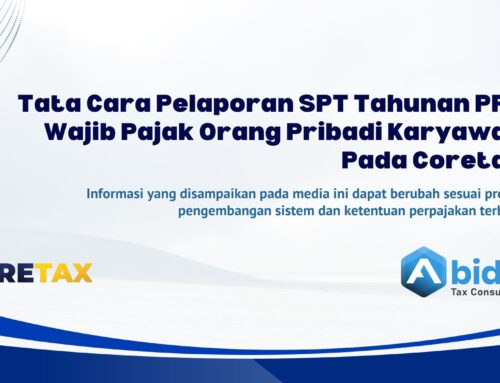Judicial Review Tax Consultant – Ensuring Fairness and Compliance In the realm of taxation, ensuring fairness and compliance is paramount. Governments rely on taxes to fund public services, infrastructure, and welfare programs. To achieve these goals, tax consultants play a vital role in guiding individuals and businesses through the complex world of taxation. However, there are instances when disagreements arise between taxpayers and tax authorities regarding the interpretation and application of tax laws. This is where the concept of judicial review in tax consulting comes into play. In this article, we will explore the importance of judicial review for tax consultants and how it ensures fairness and compliance in tax matters.
Understanding Judicial Review Tax Consultant
Judicial review is the process through which courts review the decisions and actions of government bodies, including tax authorities, to ensure they are in accordance with the law and constitutional principles. It serves as a crucial check and balance mechanism, preventing abuse of power and upholding the rule of law. When it comes to tax matters, judicial review enables taxpayers and their consultants to challenge decisions made by tax authorities that they believe are incorrect or unfair.
The Role of Judicial Review Tax Consultants

Tax consultants play a crucial role in assisting taxpayers in navigating the complex tax landscape and ensuring compliance with applicable laws and regulations. They provide advice on tax planning, help with the preparation of tax returns, and represent taxpayers during audits and investigations. In cases where a taxpayer believes that a decision made by the tax authorities is incorrect or unfair, tax consultants can initiate judicial review proceedings on their behalf.
Challenging Tax Authority Decisions
Tax consultants may initiate judicial review proceedings when they believe that a decision made by the tax authorities is contrary to the law or involves a breach of constitutional rights. These decisions could include assessments of tax liabilities, disallowance of deductions or exemptions, penalties, or denial of tax refunds. By challenging these decisions, tax consultants aim to secure a fair outcome for their clients and ensure that the tax authorities act within the boundaries of the law.
Grounds for Judicial Review
There are various grounds on which tax consultants can base their applications for judicial review. Some common grounds include:
- Errors of law: Tax consultants can argue that the tax authorities made an error in the interpretation or application of tax laws. They may cite relevant statutes, regulations, case law, or legal precedents to support their arguments.
- Procedural irregularities: Tax authorities are required to follow certain procedures when making decisions. If tax consultants can demonstrate that these procedures were not followed, such as lack of proper notice or opportunity to be heard, they can seek judicial review.
- Unreasonableness: Tax consultants can challenge decisions that they consider to be unreasonable or arbitrary. They may argue that the tax authorities did not exercise their discretion properly or that the decision is not supported by the evidence.
Benefits of Judicial Review for Tax Consultants
Judicial review provides several benefits for tax consultants and their clients:
- Fairness and justice: Judicial review ensures that tax authorities act fairly and justly when making decisions that affect taxpayers. It provides a mechanism for correcting errors and preventing abuse of power.
- Clarity and certainty: Through the process of judicial review, courts provide interpretations and clarifications of tax laws, which can help tax consultants and taxpayers understand their rights and obligations more clearly.
- Precedents and consistency: Judicial decisions set precedents that guide future tax cases. This helps establish consistency in the application of tax laws and reduces uncertainty for tax consultants and their clients.
- Accountability and transparency: Judicial review promotes accountability and transparency in tax administration. It allows for scrutiny of the decision-making process and ensures that tax authorities are accountable for their actions.
Conclusion
In the complex world of taxation, judicial review plays a crucial role in ensuring fairness, compliance, and accountability. Tax consultants serve as valuable guides for taxpayers, assisting them in navigating the intricacies of tax laws and regulations. When disputes arise, judicial review provides a mechanism for challenging decisions made by tax authorities that may be incorrect or unfair. By leveraging judicial review, tax consultants can contribute to a system that upholds the rule of law, promotes fairness, and maintains the integrity of the tax system.
Baca Juga : Income Tax Consultant






